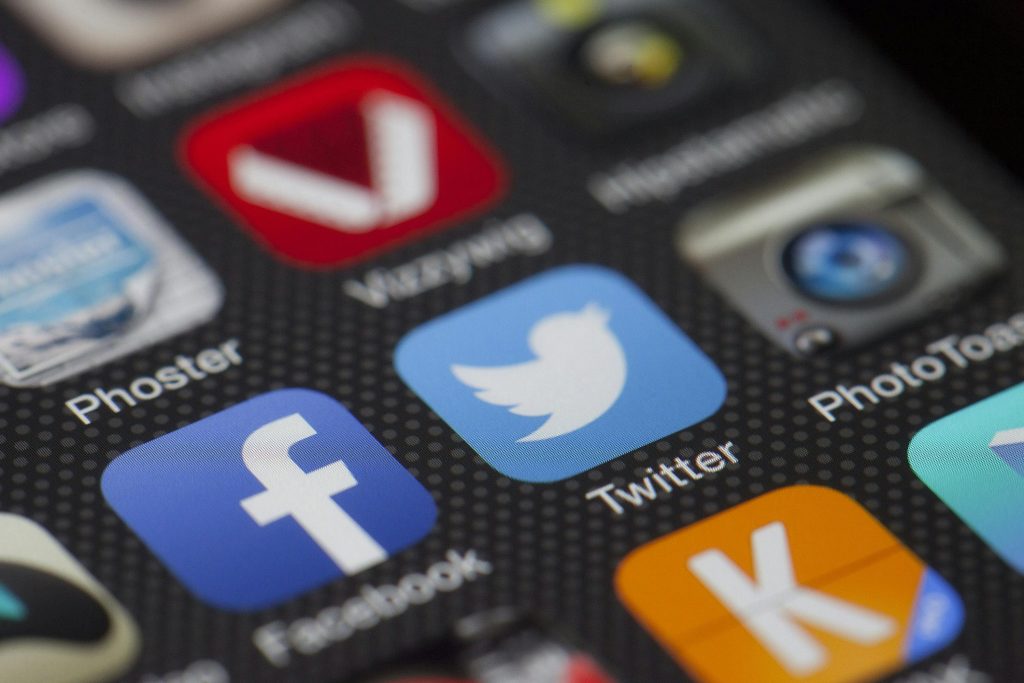BLOG POST
Why a Logo is not Just an Artwork and is very crucial for a business?
This article details about the importance of a Logo and why it should not be considered as a mere artwork. Learn what a logo can do to a brand or business.

Introduction: The Face of Your Brand
In today’s competitive business landscape, a logo is often considered one of the most essential elements of branding. But for many, it’s still misunderstood as just a decorative piece of art or a small graphic to place on business cards and websites. In reality, a logo is the foundation of a brand’s identity and plays a vital role in shaping the way a business is perceived by its audience. In this article, we’ll break down the importance of a logo for any business and why it’s much more than just artwork.
1. A Logo Creates First Impressions
Your logo is usually the first interaction a potential customer has with your business. Whether they see it on a website, a social media profile, or a physical product, the logo sets the tone for what your brand represents. In a matter of seconds, a well-crafted logo can communicate professionalism, trustworthiness, and even the core values of your business.
A strong first impression is key in today’s fast-paced digital world, where consumers are constantly bombarded with information. Your logo needs to grab attention and leave a positive mark, helping your brand stand out in the sea of competitors.
2. A Logo Builds Brand Identity
Think of your logo as the visual cornerstone of your brand. It’s the element that ties together every aspect of your business’s identity, from your website to packaging to social media. A well-designed logo can help customers quickly associate your brand with specific feelings, ideas, or experiences.
For example, a tech company might use sleek, modern lines and bold colors to communicate innovation and cutting-edge technology, while a bakery might opt for soft pastels and rounded typography to evoke warmth and comfort. The logo becomes a visual shorthand for the entire brand, providing a consistent and recognizable image that customers can latch onto.
3. A Logo Enhances Brand Recognition
Brand recognition is essential for long-term success. A well-designed logo helps customers identify your business instantly across multiple touchpoints—whether they see your product in a store, spot an online ad, or receive an email from your company. The more often customers see your logo in a consistent format, the more they will begin to associate it with the values and promises your brand stands for.
Icons like the swoosh of Nike or the bitten apple of Apple are prime examples of logos that have transcended their original designs to become global symbols. These logos are simple but carry the weight of their respective brands, evoking instant recognition even without the brand name attached.
4. A Logo Builds Trust and Credibility
In a crowded marketplace, trust is everything. Customers are more likely to engage with a business that appears credible, professional, and trustworthy. A logo is a powerful tool for establishing this trust. A poorly designed or outdated logo can make a business appear less legitimate, while a polished, modern logo conveys professionalism.
This is especially important for small businesses or startups. A well-designed logo can give a new business the appearance of being established, helping to overcome some of the initial skepticism that consumers may have when interacting with a lesser-known brand.
5. A Logo Differentiates You From the Competition
Your logo is a key element that sets you apart from your competitors. In any industry, customers are faced with multiple options, and a distinctive logo can help tip the scales in your favor. It allows your brand to carve out its own space in the market, giving customers a reason to choose you over others.
In industries where products and services might be similar, the logo can be the defining factor that makes a business memorable. By capturing the essence of your brand, a unique and thoughtful logo design can ensure that customers think of you first when they’re ready to make a purchase.
6. A Logo Evokes Emotional Responses
A logo doesn’t just represent a business—it evokes emotions. Through the use of colors, typography, and shapes, logos can communicate specific feelings and associations that customers connect with on an emotional level. For instance, green logos are often associated with health, nature, and sustainability, while red is linked to excitement, passion, and urgency.
This emotional connection is critical in building long-term relationships with customers. A logo can tap into the values and aspirations of your target audience, reinforcing their decision to engage with your brand time and time again.
Conclusion: Your Logo is an Investment, Not Just Artwork
A logo is much more than just a design element. It’s the visual embodiment of your brand, working tirelessly to create positive first impressions, build trust, foster recognition, and differentiate your business from the competition. Investing in a well-designed logo is one of the smartest moves any business can make, ensuring that its identity remains strong and its message clear in an increasingly noisy marketplace.
When done right, a logo becomes a powerful asset that drives brand loyalty, customer engagement, and long-term success. So, the next time you look at your logo, remember—it’s not just artwork. It’s the face of your brand.
